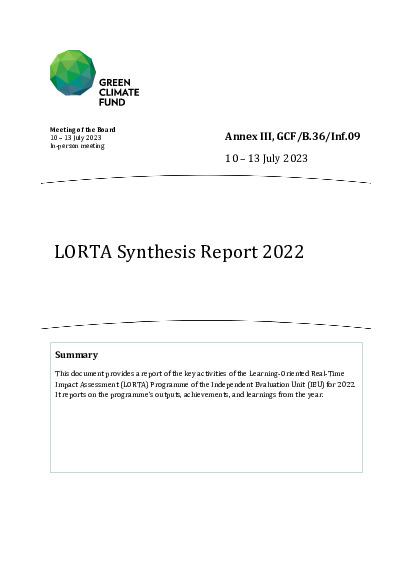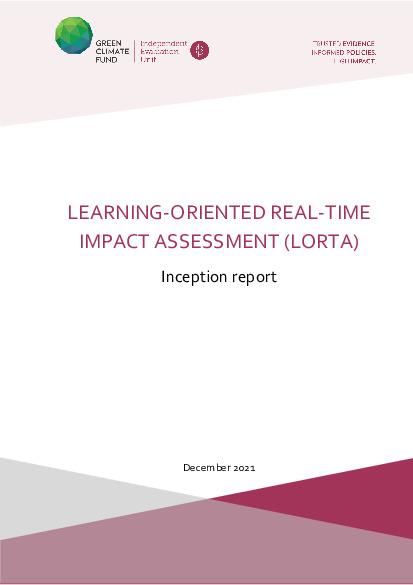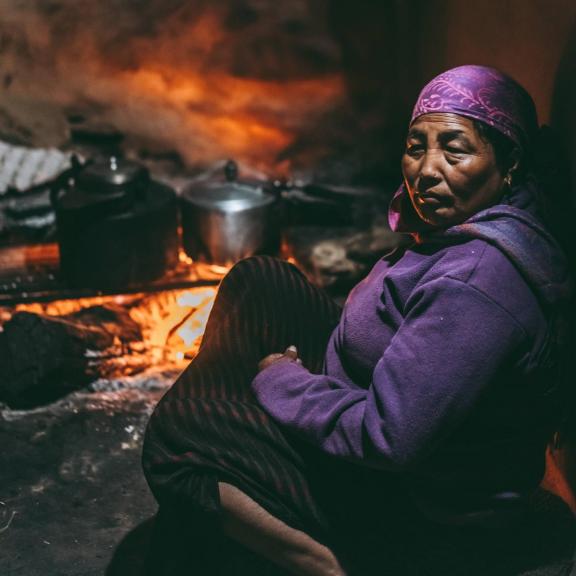FP172
Mitigating GHG emission through modern, efficient and climate friendly clean cooking solutions (CCS) in Nepal
Mitigating GHG emission through modern, efficient and climate friendly clean cooking solutions (CCS) in Nepal
Clean cooking solutions: This impact evaluation looks at the deployment of clean cooking solutions (CCS). Despite its potential benefits to improve health and decrease greenhouse gas emissions, penetration of clean cooking solution technologies is very low especially in Terai region. To mitigate the impact of climate change and strengthen resilience of the most vulnerable communities to adapt, Alternative Energy Promotion Center (AEPC) implements "Mitigating GHG emission through modern, efficient and climate friendly clean cooking solutions (CCS)." The evaluation focuses on assessing the impacts of this technology on the reduction of GHG emission as well as its impact on well-being of target population. The study also sheds light on the importance of awareness and outreach to enhance demand for CCS.
-
TopicTo be determined
-
Project componentScaling up the deployment of clean cooking technologies
-
Impact evaluation designRandomised Control Trial (RCT)
-
Target beneficiariesAt least 50% of clean cooking solution mobilisers and at least 60 % of clean cooking solution champions are women
Timeline
Onboarded to LORTA
Jun 2021
Endline data to be collected
Jun 2027
Endline report to be published
Dec 2028
One region
- Asia-Pacific
One country
- Nepal
Reports

LORTA Synthesis Report 2022
19 Jun 2023
This document provides a report of the key activities of the LORTA Programme for 2022. It is Annex III of a report of the key activities of the Independent Evaluation Unit (IEU) for the period of 1 January to 30 April 2023. It reports on the IEU’s outputs and achievements in line with its Board-approved work plan for 2023.

LORTA Inception Report 2021
The 2021 inception report for the Learning-Oriented Real-Time Impact Assessment (LORTA) programme highlights the programme's objectives, methodologies, and progress. The report discusses the design and implementation strategies, evaluates the performance of ongoing projects, and provides insights into the effectiveness of the interventions and their contributions to climate resilience and low-emission development.
Impact
Early findings from LORTA's baseline data collection for FP172 are expected to be released later this year.
To be shared in 2028.
To be shared in 2028.
Impact stories
![]()
Enhancing the capacity of GCF accredited entities through the pandemic: What does direct engagement with project teams look like?
04 May 2022 / The IEU’s Learning Oriented Real-Time Impact Assessment (LORTA) programme continues to serve the IEU’s mandate to enhance capacity and support the learning of Direct Access Entities (DAEs) accredited with the Green Climate Fund, even through the COVID-19 pandemic.

Enhancing the capacity of GCF accredited entities through the pandemic: What does direct engagement with project teams look like?
04 May 2022 / The IEU’s Learning Oriented Real-Time Impact Assessment (LORTA) programme continues to serve the IEU’s mandate to enhance capacity and support the learning of Direct Access Entities (DAEs) accredited with the Green Climate Fund, even through the COVID-19 pandemic.
Details
Nepal has been making efforts to shift towards clean fuels and cooking technologies. While there has been progress in both urban and rural areas, the share of population with access to clean cooking solutions remains low – at approximately one third of the population. GCF project FP172 will promote the adoption of Clean Cooking Solutions in Nepal’s Terai region through a range of innovative concepts that target both households and local authorities. This includes bulk tendering via reverse auctioning for cost effectiveness; output-based financing for de-risking of investments and institutional capacity building of 150 Local Governments in the renewable energy sector.
Theory of Change for GCF project FP172
The project activities suitable for impact evaluation fall under components 1 and 3 of GCF project FP172 and so LORTA's impact assessment focuses on the deployment of CCS and the training of CCS mobilisers to raise awareness of the benefits of CCS.